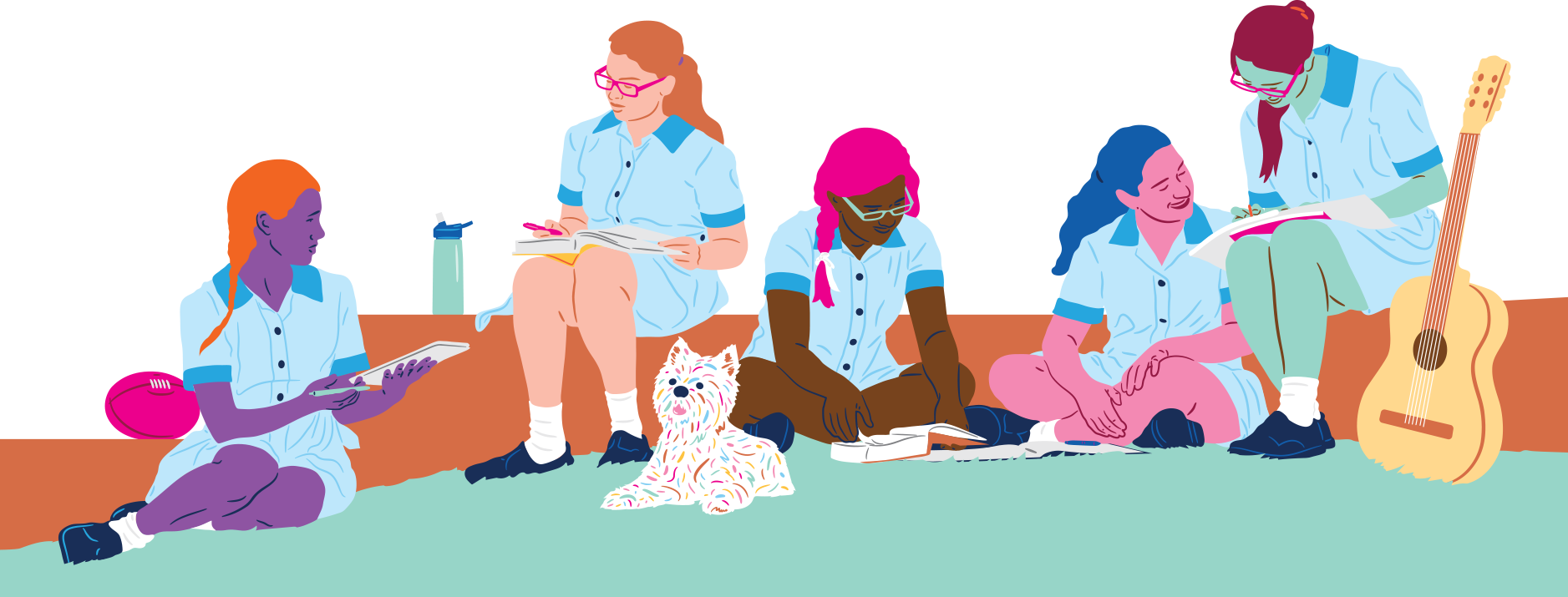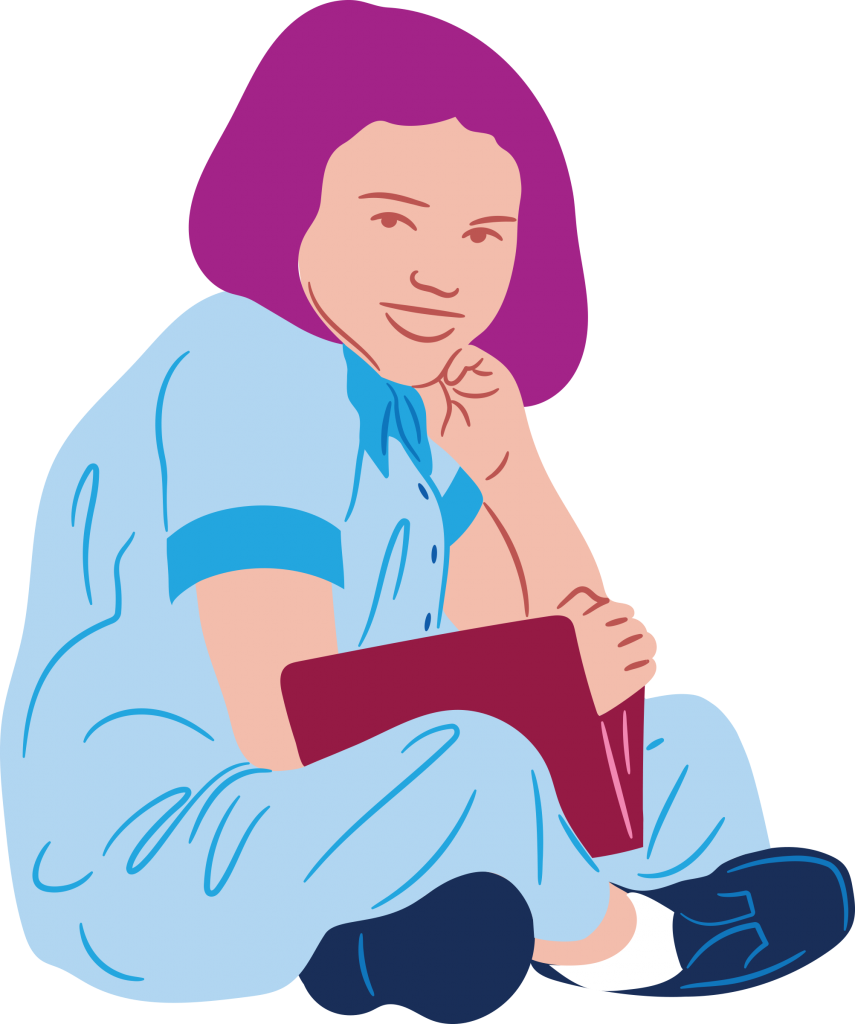
CGGS merged with the oldest girls school in Australia
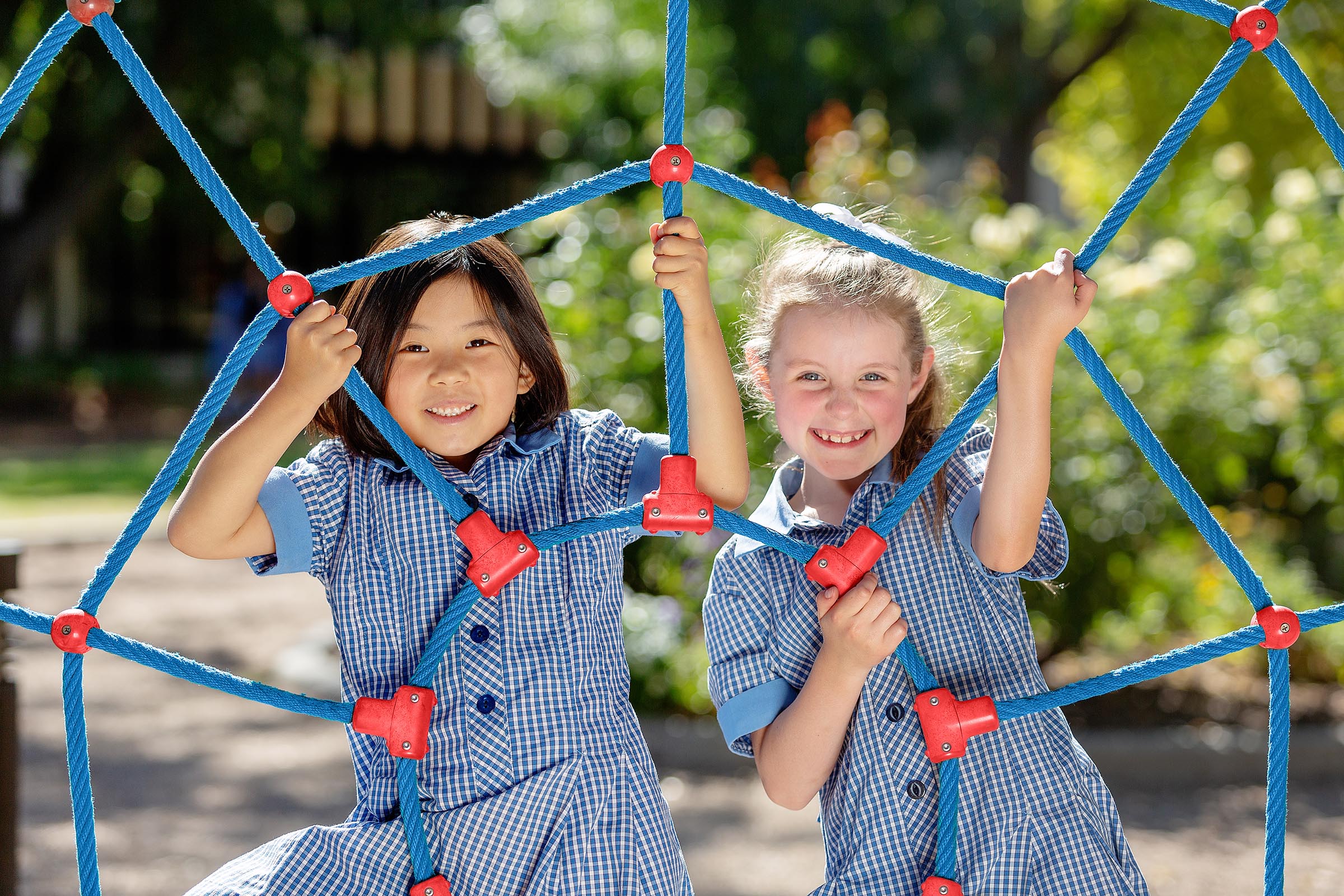
Overview
Located in the nearby suburb of Mont Albert, the Ormiston site became the Junior School and the CGGS site became the Senior School. In 2007, CGGS completed the build of a new Junior School and Ormiston relocated from Mont Albert to its current site in Canterbury, bringing the CGGS Junior School and Senior School together as one again.
Located just 100 metres from the Senior School, our stunning Junior School offers a warm, welcoming and intimate environment. Modern buildings surround the historic Mountfield House, and students enjoy the beautiful landscaped grounds and outdoor play spaces. Students also benefit from using many of the nearby Senior School facilities.
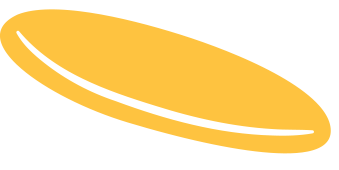
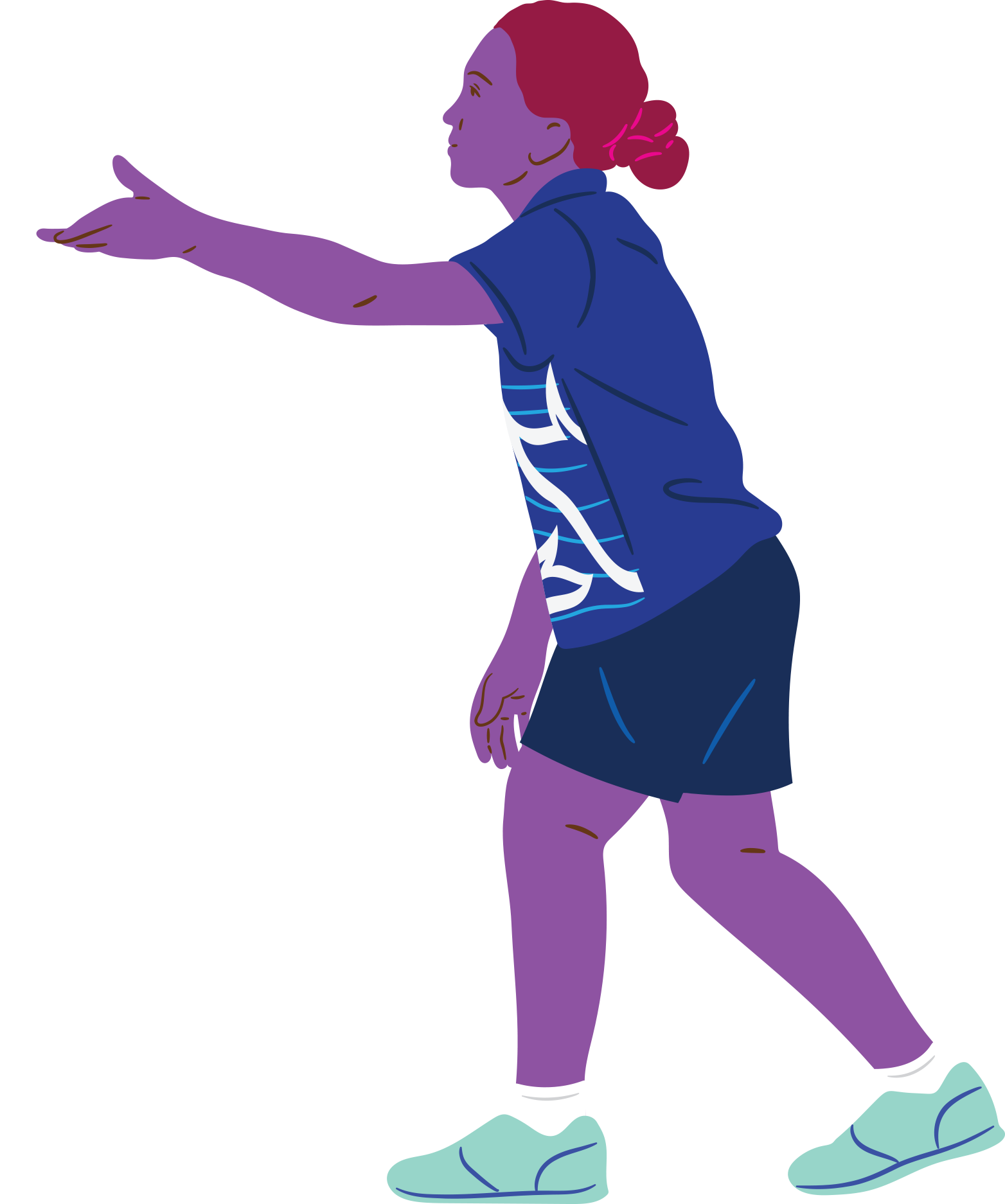
Each student leaves confident and ready for senior school.
Providing creative, engaging and visually exciting learning spaces, our Junior School is big enough to offer an extensive education, which encompasses a broad curriculum and co-curricular offering, but small enough to ensure each girl is known and valued. With one class at each year level from Foundation to Year 4 and two classes at each year level in Years 5 and 6, our Junior School encourages each student to value themselves and others as they respond positively to being challenged in their learning and growing as individuals.
Education is a partnership and at CGGS our Junior School team is committed to working alongside our students and parents every step of the way. It is an invaluable relationship, with the common goal of seeking the very best for every girl.
At Ormiston, we aim to ensure that each student leaves the school confident, and with the knowledge that she has achieved her full academic and personal potential, ready for the next phase of her education – senior school.
Creative, engaging & visually exciting learning spaces.
Our Junior School curriculum is continually evolving and our aim is to build deep foundations that provide the base for lifelong learning. We have a holistic approach to teaching and learning and encourage the growth and development of the whole child. Literacy and Numeracy is a focus at all year levels and is designed to be joyful and rigorous. Students from Early Learning to Year 6 also participate in specialist subjects which include Art, Library, Science, Languages and Music. Our Full STEAM Ahead Program enables students at all levels to participate in programs which explore the combined areas of Science, Technology, Engineering, Arts and Mathematics – with a strong focus on coding and robotics.
We have a holistic approach to teaching and learning.
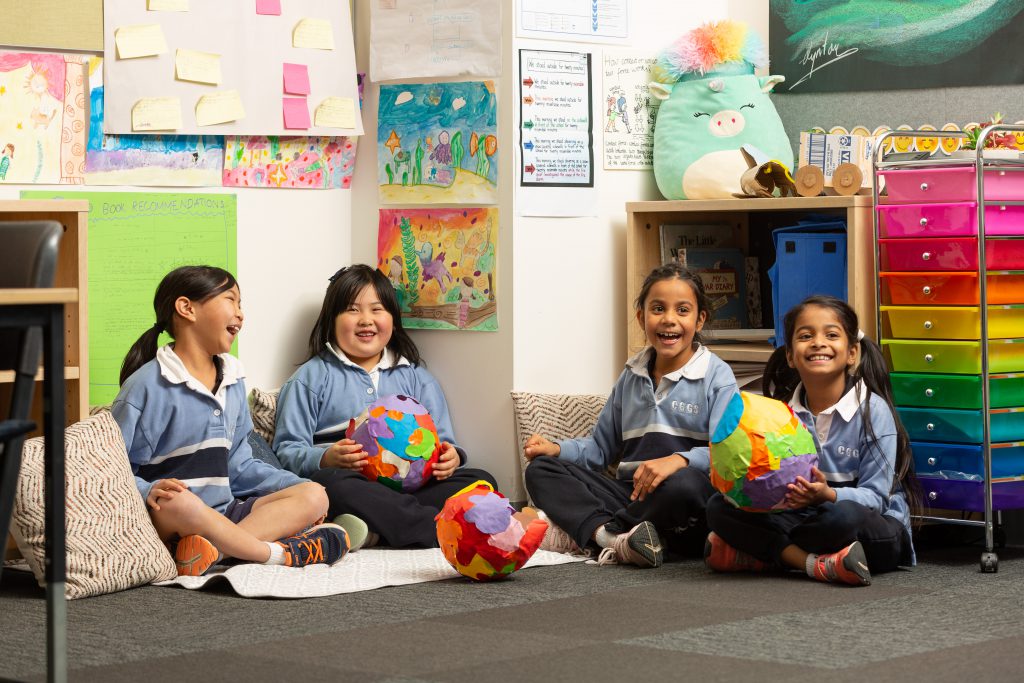
Literacy and Numeracy is designed to be joyful and rigorous. A rich variety of language experiences kindle the girls’ enthusiasm for reading and writing, across the curriculum. Students participate in daily shared reading, play word games, use digital tools, develop their fine motor skills, and engage in imaginative play to bolster fundamental comprehension and communication skills. In Numeracy, they learn to understand numbers, to observe patterns and experience real world mathematics. Counting games, concrete materials and discussion help to develop number fluency, which is a cornerstone of a strong mathematical understanding.
A clear structure for each day and habitual routines, create a rhythm to the day and we believe this creates a sense of safety and security for our young students. We encourage our girls in the early years to develop an increased sense of responsibility by carrying her own school bag, choosing her own take home books, helping to unpack her bag after school and sharing her learning through her portfolio.
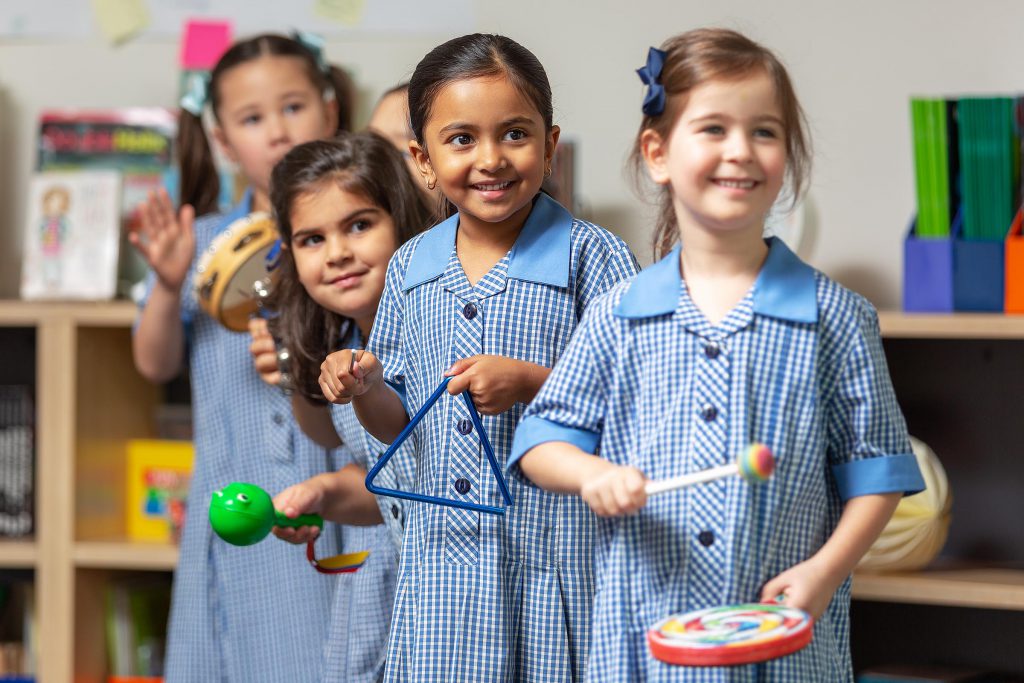
In addition to the core subject areas of literacy and numeracy, our girls delve into areas of science, design, technology and coding. We utilise a wide suite of digital tools, which are used creatively and purposefully to leverage thinking and communication skills.
In these older year levels, students transition from learning to read, to reading to learn.
Comprehension skills become more complex as the students explore character development, authors purpose, storylines and more complex vocabulary. The students develop strategies to facilitate summarising, synthesising, analysing and interpreting. All of these skills aim to help our girls to learn how to develop inferential thinking skills and draw more meaningful assumptions from literature.
Numeracy is contextualised in real world settings and we strive to provide experiences which really stretch our students thinking and understanding of concepts.
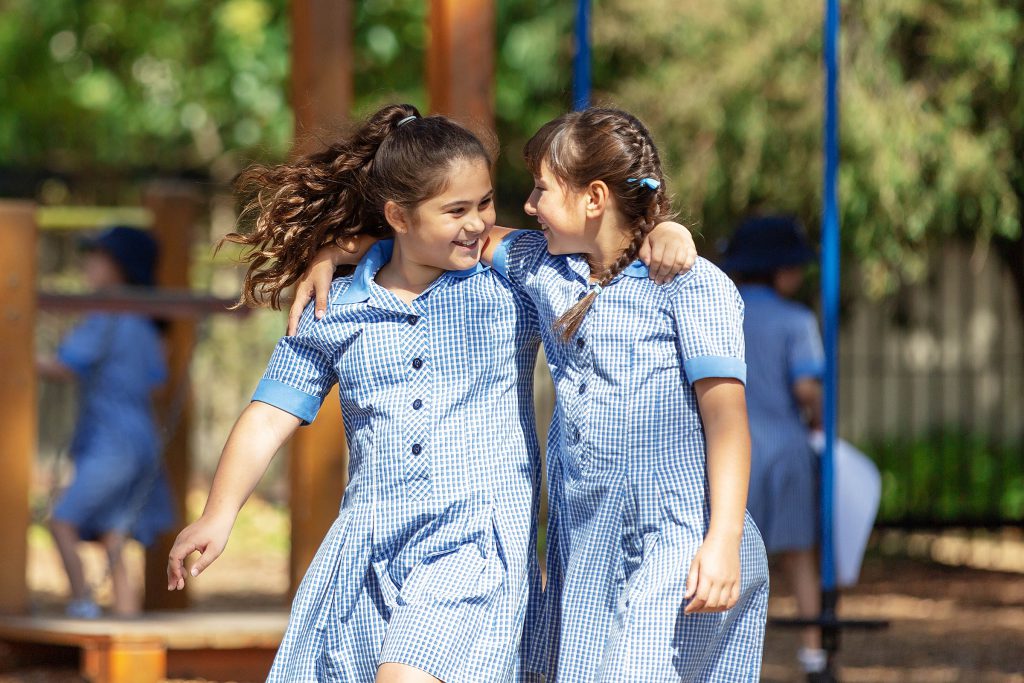
English
Mathematics
STEAM – Science – Technology – Engineering – Arts – Mathematics
Integrated Studies – History – Geography – Economics
Art
Music
Health & Physical Education
Religious Education
Chinese (Foundation – Year 4)
French (Year 5 & 6)
Library
All year levels participate in a range of short courses exploring the STEAM (Science, Technology, Engineering, Arts, Mathematics) fields of study. The girls have the opportunity to become creative and responsive designers, explore different materials and technologies and manage projects independently and collaboratively from conception to realisation. There is a very strong focus on coding, programming and robotics.
The questions young people ask remind us that the search for meaning is fundamental to what it is to be human. The urge to inquire activates thinking on many levels and in many forms. When we seek to make sense of the world around us, we wonder, we plan, we analyse, we create, we reflect. At its very heart, inquiry based learning is all about thinking – thinking in order to make meaning.
From Early Learning to Year 6, all our students inquire into big questions and ideas. These inquiries are continually evolving in order to stay relevant to the lives of our girls. These rich questions open the opportunity to make meaningful links across the curriculum, which is often seen in literacy and numeracy. Some examples of our inquiries are:
> How and Why Do We Share Our Stories?
> Where Does it Come From and Where Does it Go?
> Why is Water Important?
> What Can We Learn, from Walking with the Wurundjeri?
> What is Our responsibility?
> What Makes Me, Me?
> How Do You Bring Big Ideas to Life?
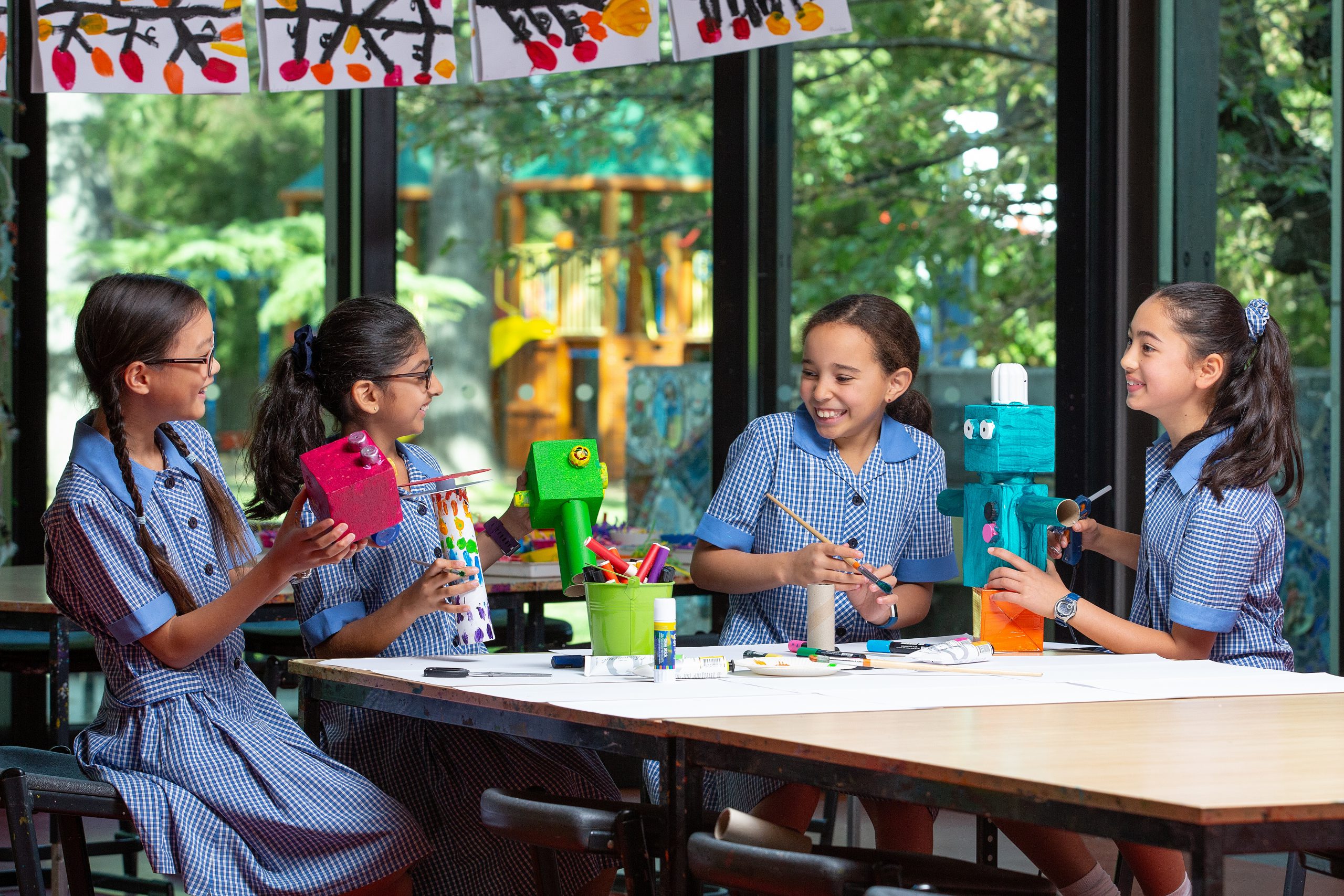
We acknowledge and pay respect to the Wurundjeri people as the traditional custodians of the land on which the school is situated.
Secondary School / Administration
2 Torrington Street, Canterbury
Victoria 3126 Australia
T +61 3 9813 1166
F +61 3 9882 9248
camgram@cggs.vic.edu.au
Junior School / Ormiston

